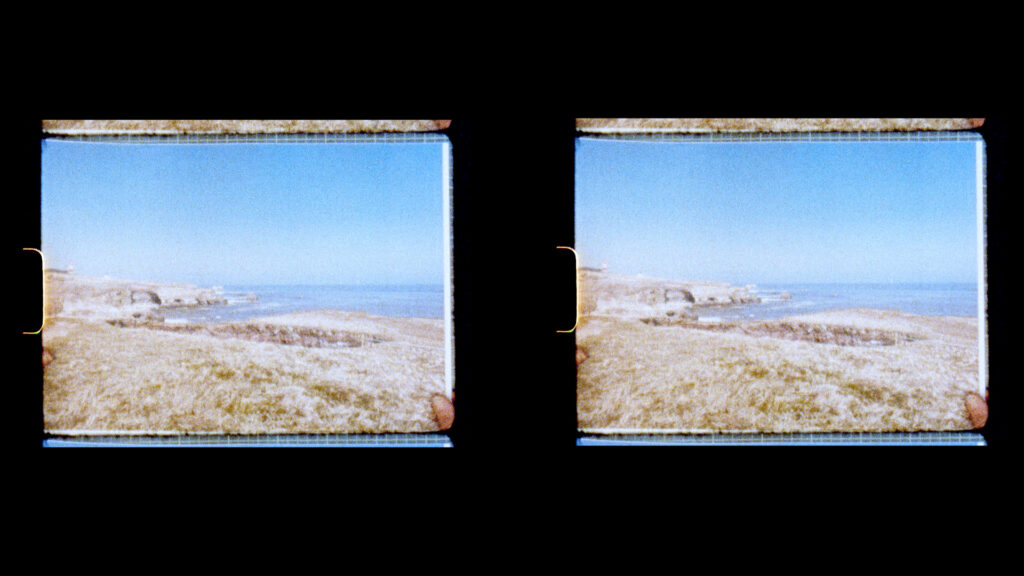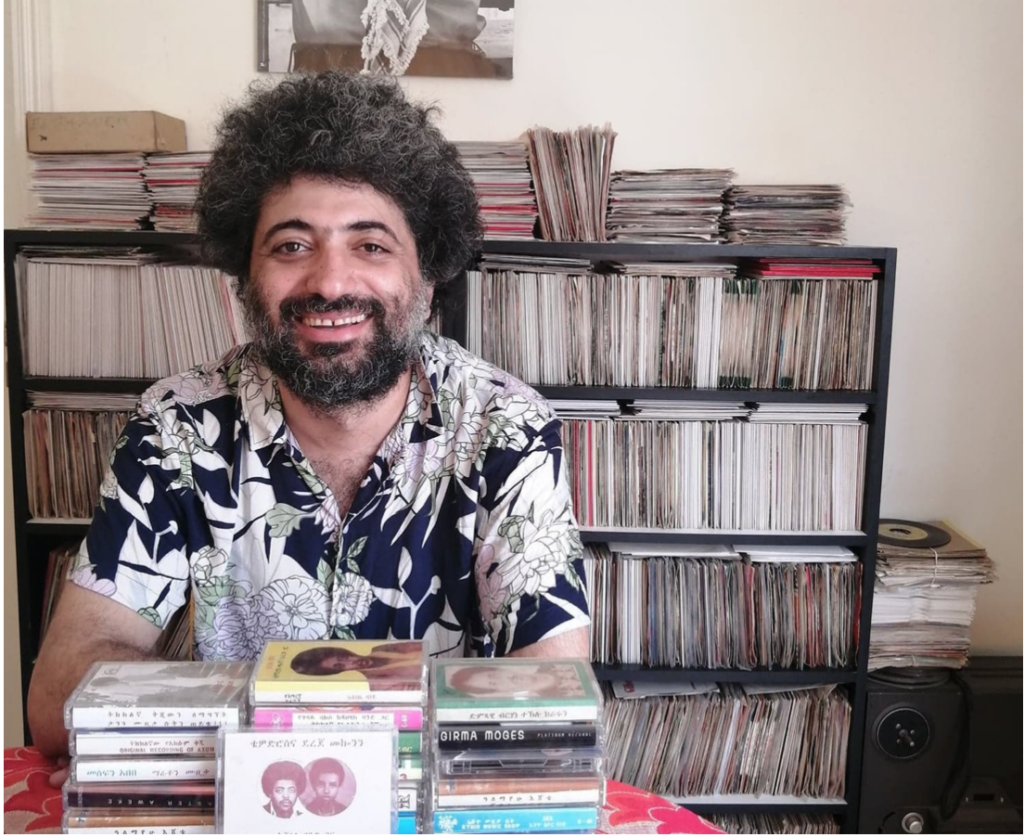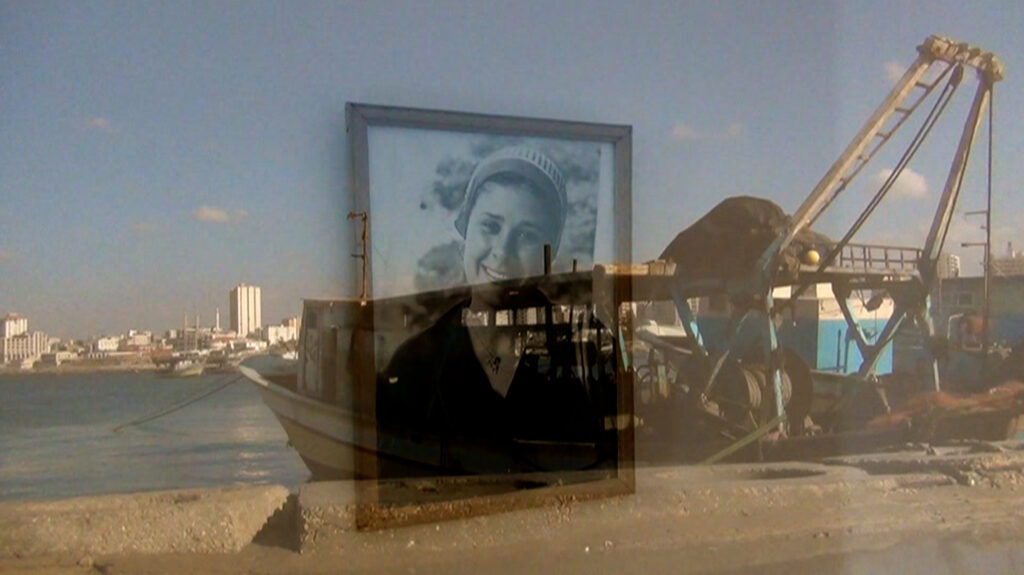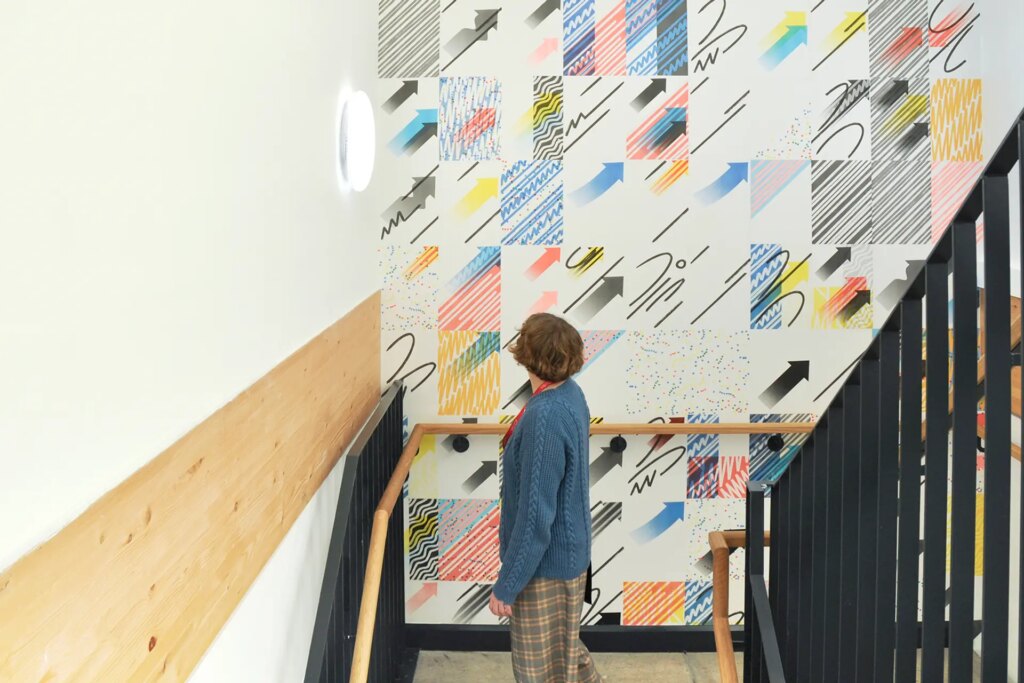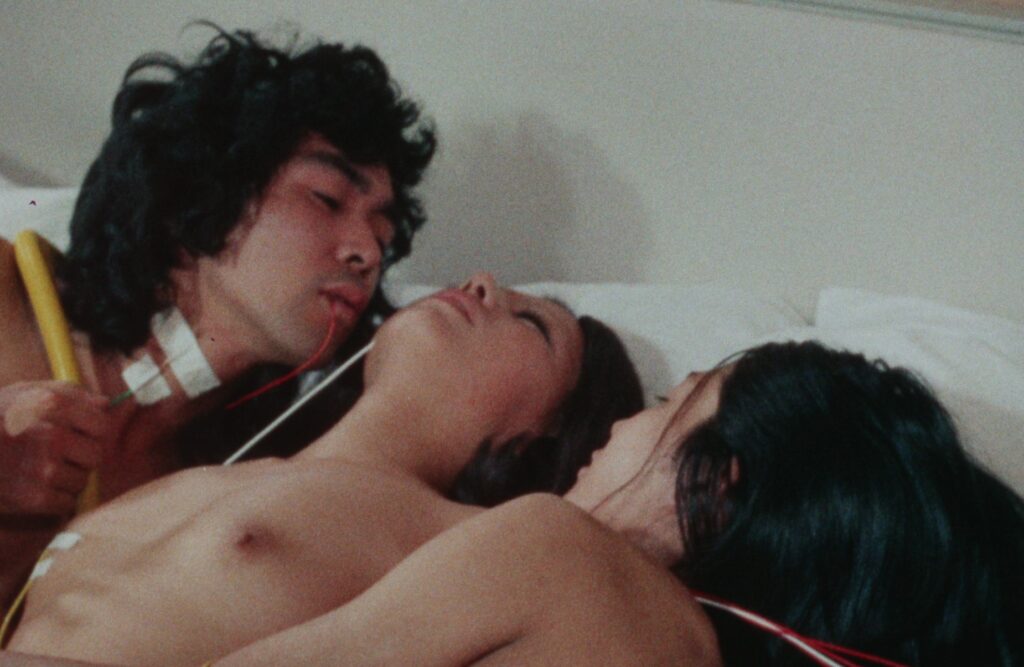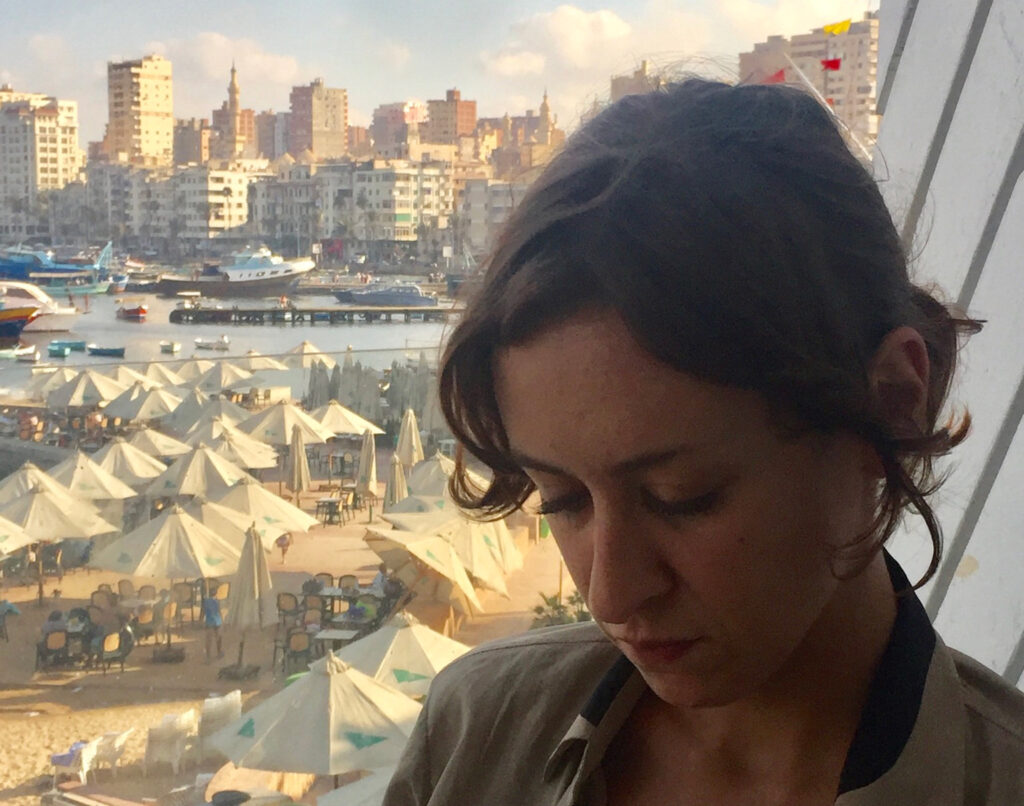Drop in between 12:00 – 17:00 and respond to material in The Burr’s film library selected by artist Kate Liston. Use prompts devised to uncover new meaning in films and artefacts relating to the region’s historic archives of mining, and strategies Kate uses in her new film project Sinkhole.
Programmes
Join us for an after-hours set from the co-founder of the Beirut Groove Collective, and host of monthly NTS radio show Beirut Daze. Ernesto Chahoud is internationally renowned DJ, compiler and music researcher from Beirut who aims to bring the rarest and sometimes strangest records to people’s ears.
Run Time
An open, drop-in conversation inviting responses to the Festival’s programme of films in relation to the complications of home – or hyem in Northumbrian dialect.
When even the most basic understanding of home as residence/shelter is not guaranteed, we open up this theme to an expansive conversation that asks: who has the right to a home? What underlies the commonplace idea of a home? Where does land figure in our perceptions of home?
Run Time
Heiny Srour’s often censored, newly restored work is the only film to document a radical historic moment where the Popular Front for the Liberation of Oman and the Arabian Gulf (al-Jabhah al-Sha’abiyah li-Tahrir ‘Uman wa-al-Khalij al-‘Arabi, PFLOAG) momentarily created a secular, feminist and equalitarian society in Dhofar, Oman. The collectively made film shows how The People’s Army liberated a third of their homeland and built the first road, hospital, waterhole, pilot farm and school in the country.
Artist Debbie Bower (Foundation Press) hosts a drop-in workshop from 12:00 – 17:00 that asks us to envision a new film, and create a poster for it in response to the issues that are important to us.
Run Time
A pair of star crossed platonic lovers take flight from society in Isao Fujisawa’s surrealist road trip through 70s Japan. Channelling the avant-garde spirit of the American New Wave, Bye, Bye Love establishes a dazzling universe of psychedelic poetics to narrate Utamaro and Giko’s search for freedom and liberation in the free love era. Nuanced depictions of gender fluidity and queer relationships mark it out as a seldom-seen gem of countercultural cinema
A hypnosis-inducing pan-geographic shuttle built on brainwave-generating binaural beats, Deep Sleep takes us on a journey through the sound waves of Gaza and competing sights of modern ruin. Precipitated by the artist’s restricted travel to Palestine, the work is an invitation to move between the corporeal self and the cinema space – transcending the limits of borders and the fallibility of memory.
Born stateless and of Palestinian heritage, Basma al-Sharif’s work explores cyclical political histories and conflicts. In films and installations that move backward and forward in history, between place and non-place, she confronts the legacy of colonialism through satirical, immersive, and lyrical works.
Join us for a special in focus conversation with Basma al-Sharif, BFMAF24 Filmmaker in Focus led by Dr Viviane Saglier, lecturer in Film Studies at the University of St. Andrews.
Five new films collaboratively combined to form a single work responding to Belgian filmmaker Chantal Akerman’s luminous News From Home (1976). Artists Sirah Foighel Brutmann and Eitan Efrat, Eva Giolo, Rebecca Jane Arthur, Katja Mater, and Maaike Neuville each engage in their own way with the epistolary device of Akerman’s film, as well as recurrent themes of alienation, distance and the mother-daughter relationship.


